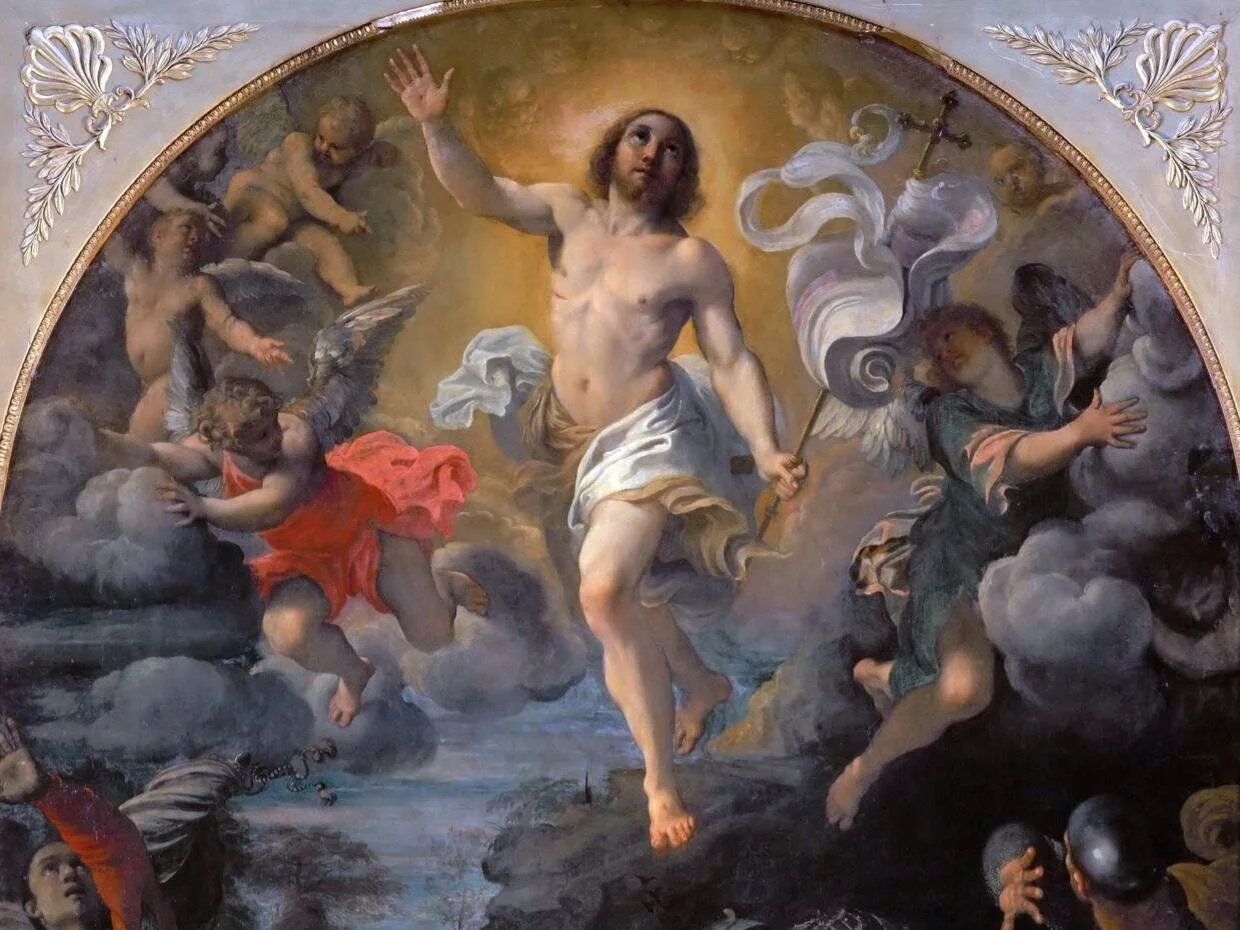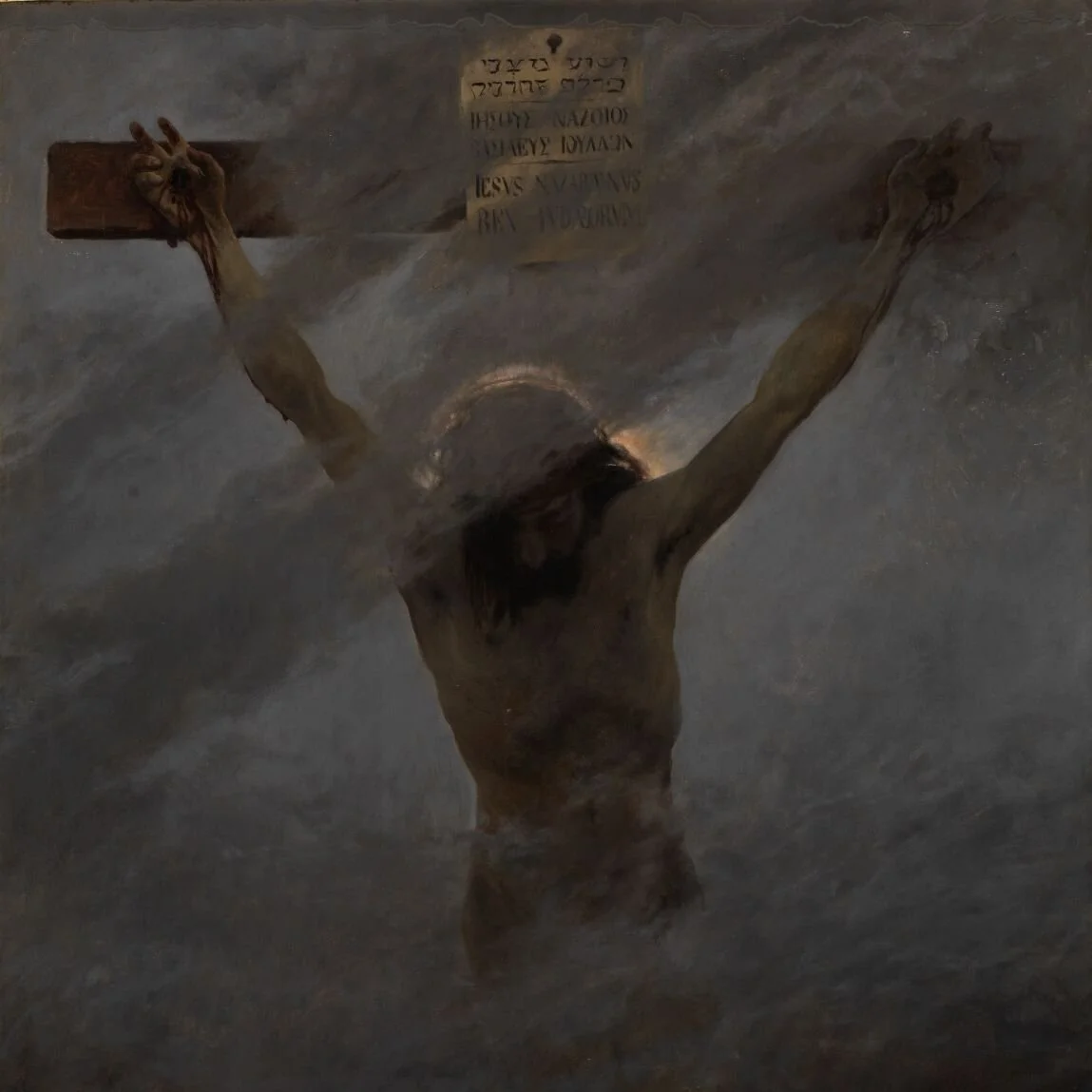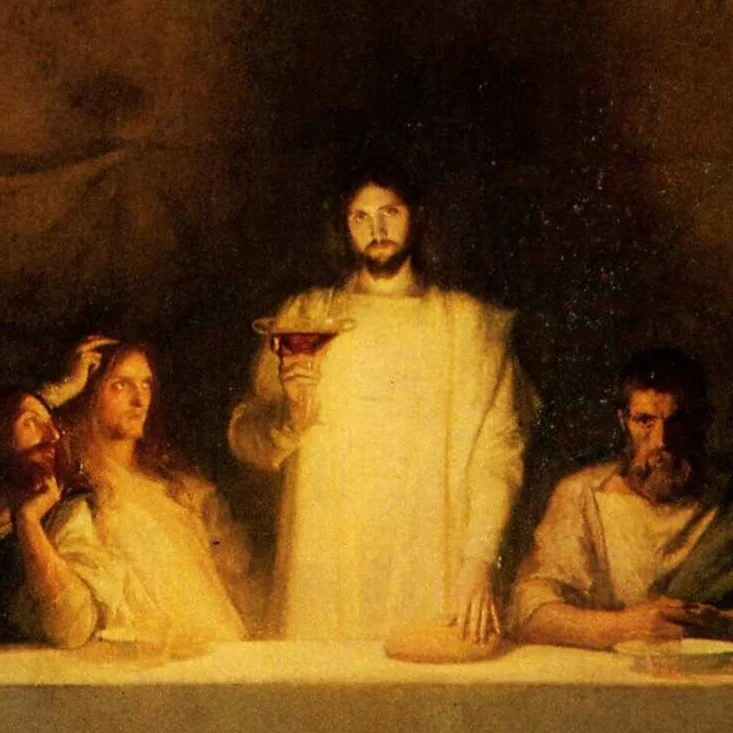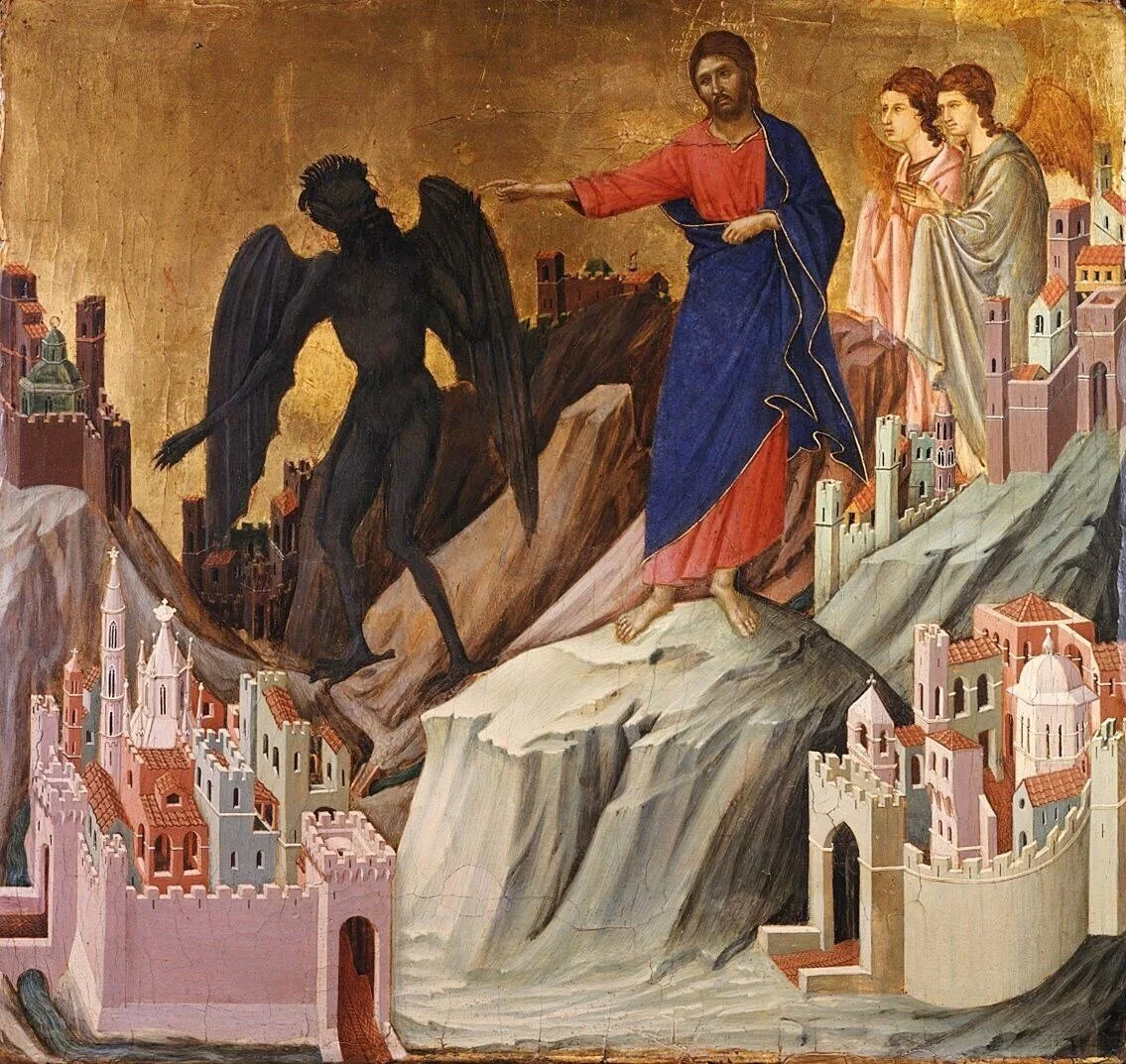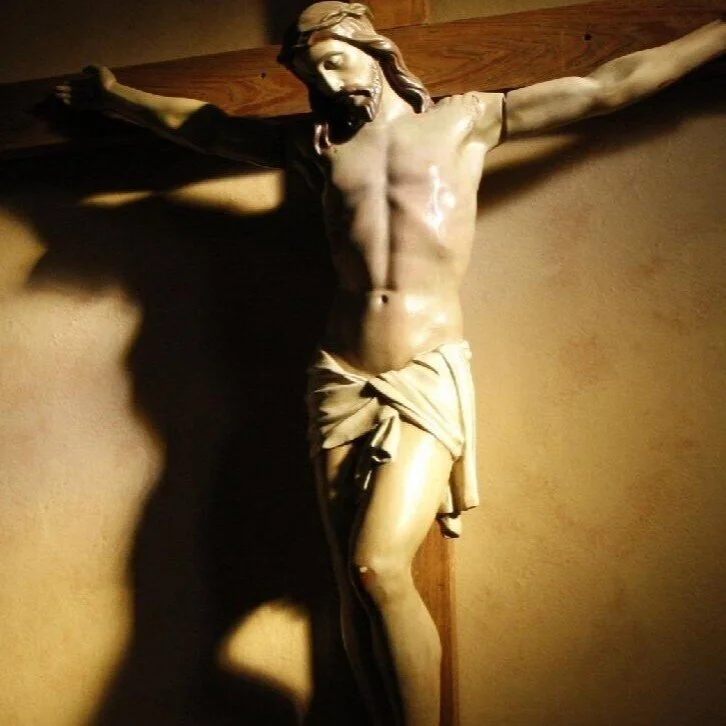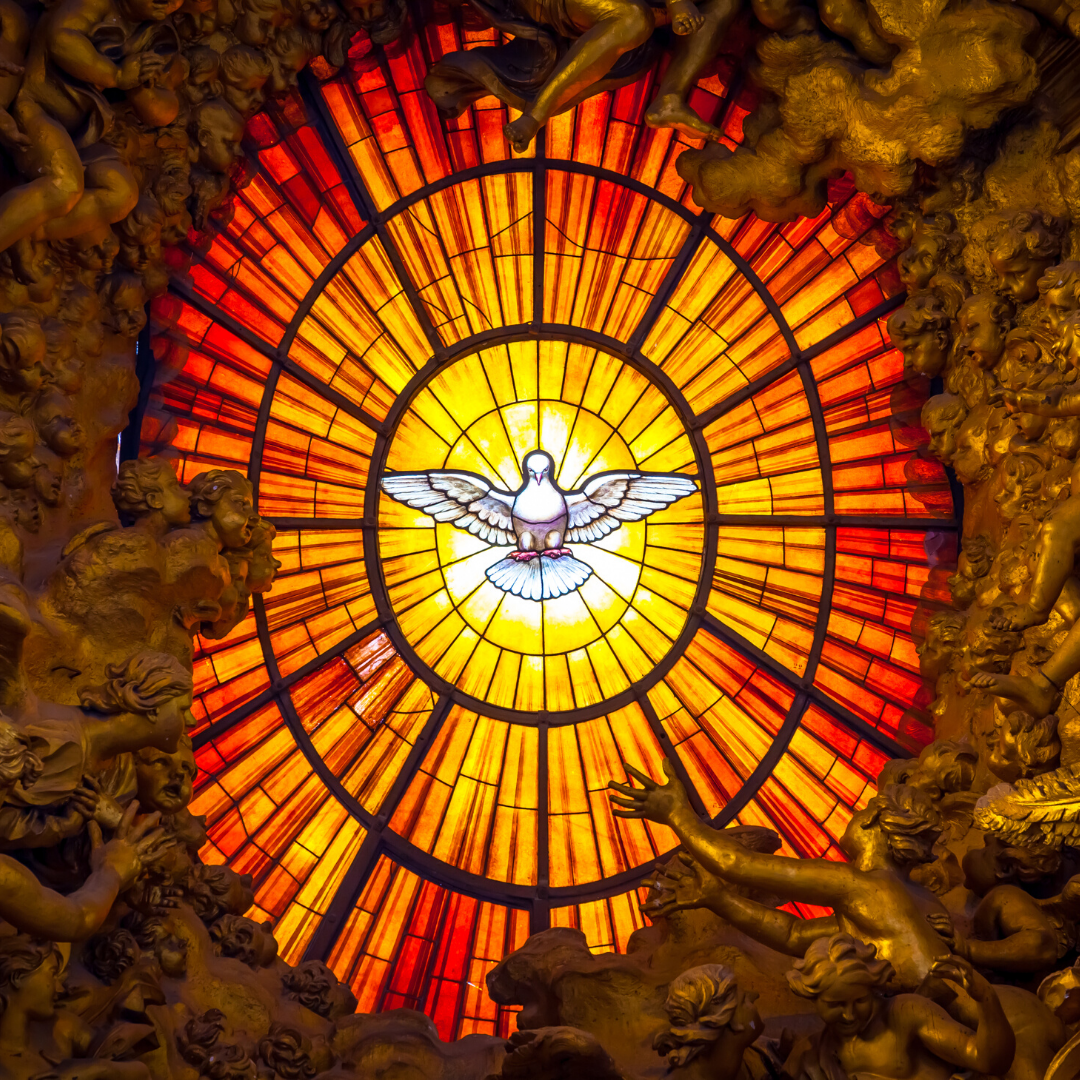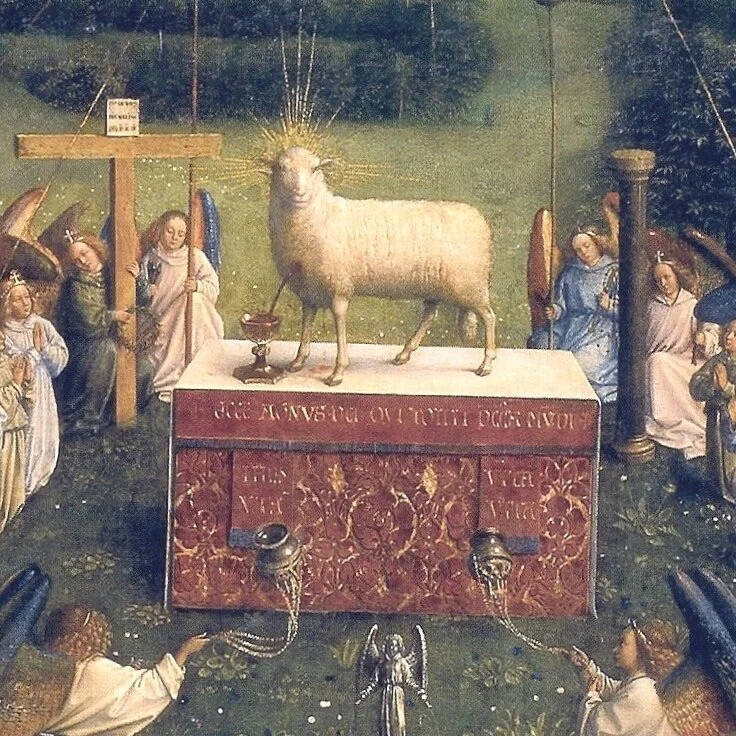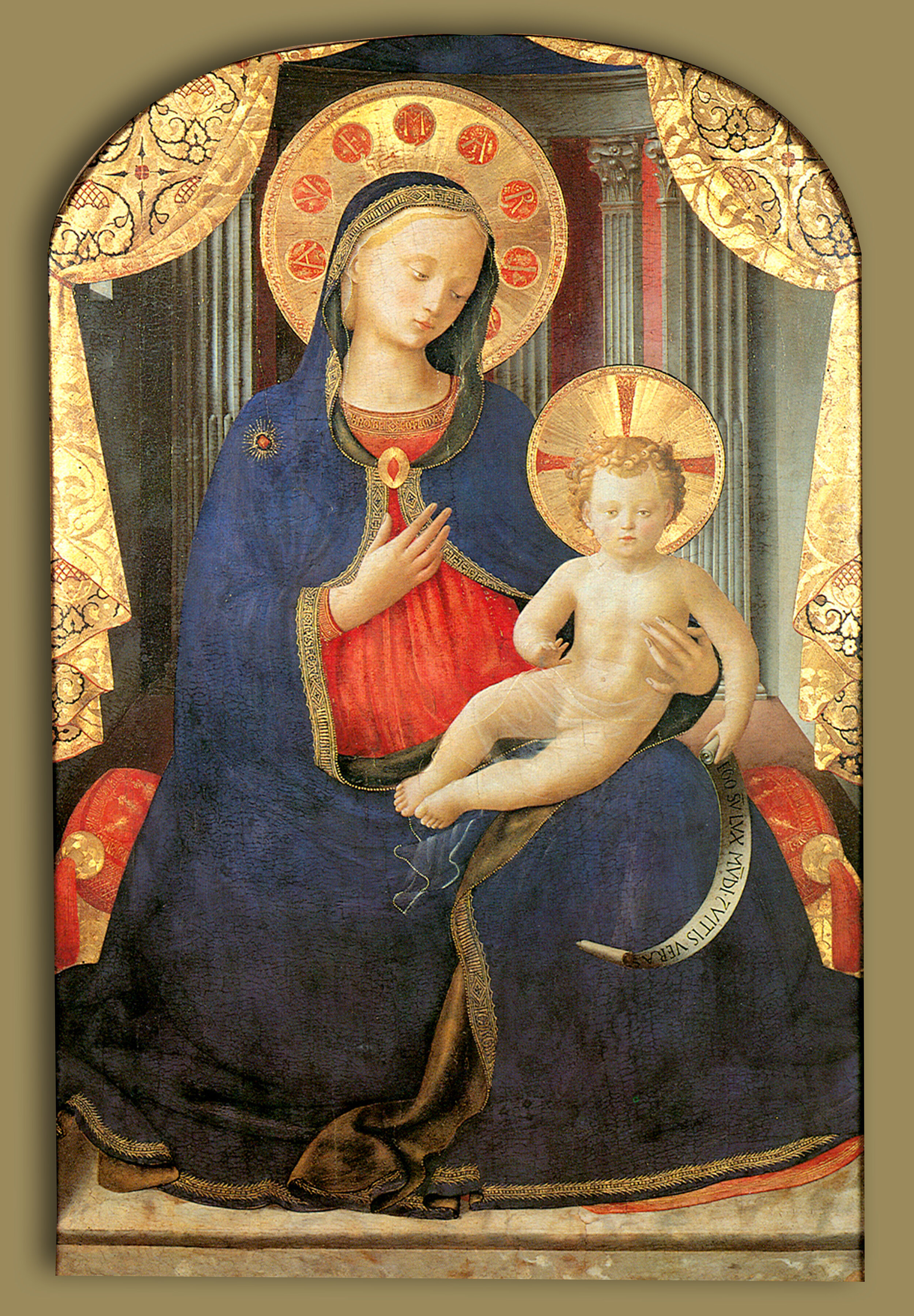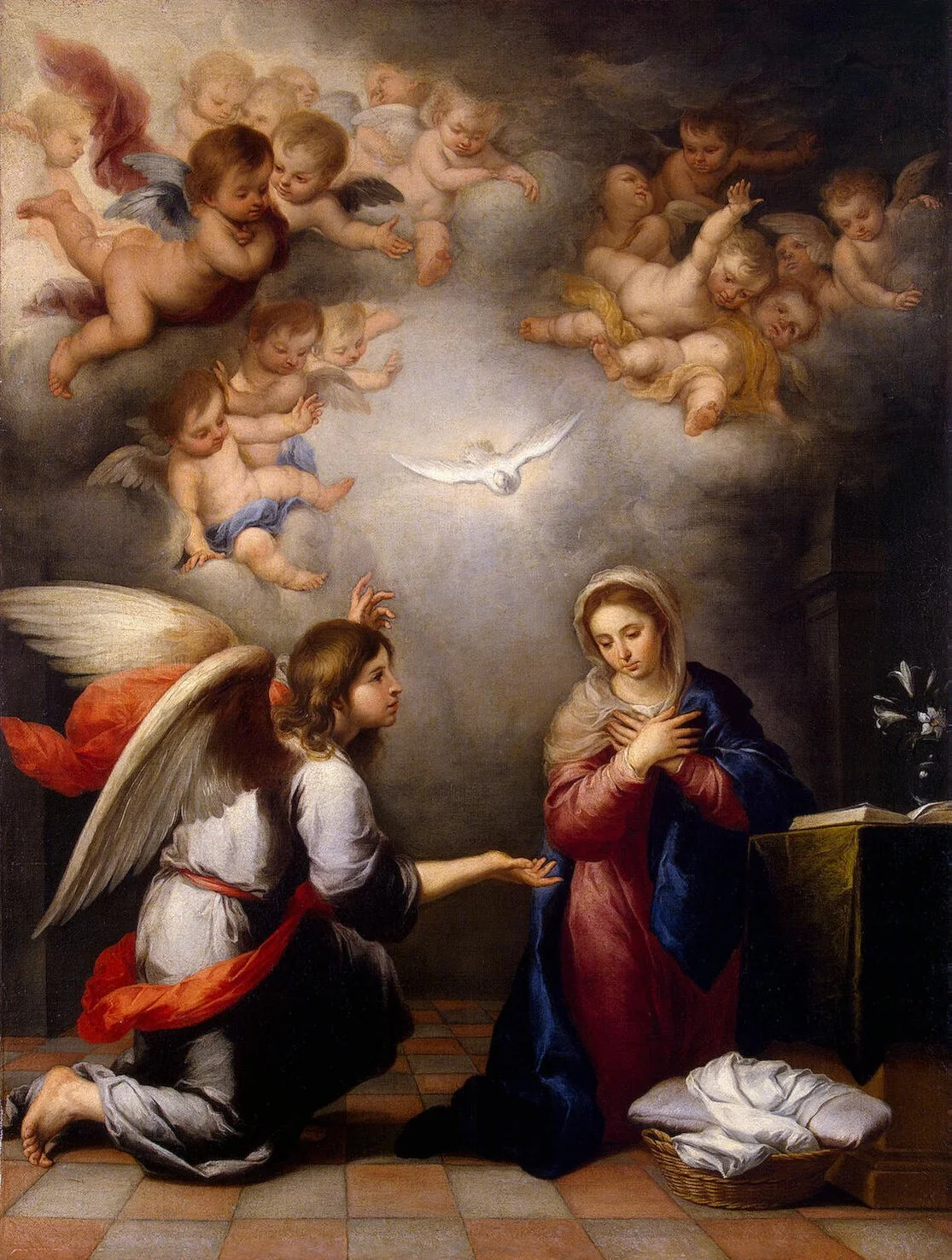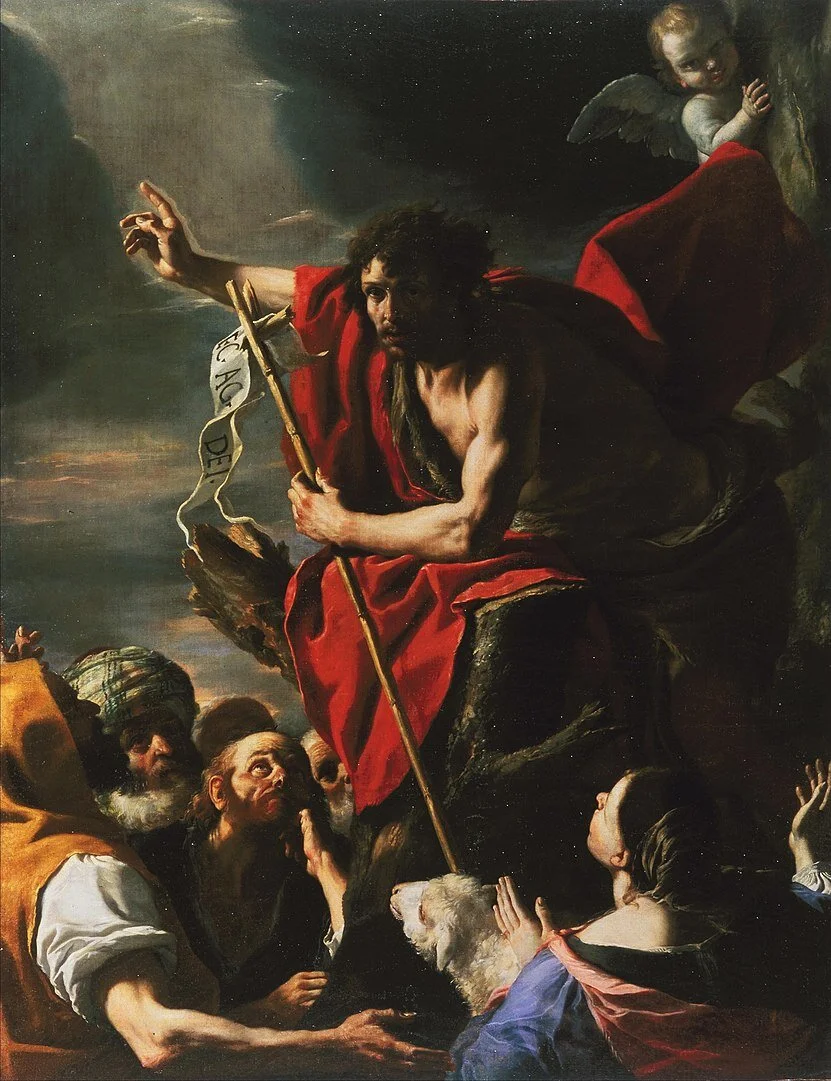Sollemnitas Corpus Christi
6 June 2021
This annual Solemnity of the Most Holy Body and Blood of Christ (commonly called in Latin, Corpus Christi) is our opportunity to sharpen our focus so that we never take for granted that the Holy Eucharist is the Body and Blood, Soul and Divinity, of Jesus Christ. For those of us who are here week after week, taking time to clearly state what the Holy Eucharist is and what it requires of us who desire to receive it may seem rather elementary. However, we never want to take the faith for granted or assume we are immune to decreased faith. The grind of daily life can weaken our faith too. And in an age that greatly underplays what we owe to God and what we must observe to be eligible for receiving Holy Communion, it seems important to take some time to refresh our appreciation of this most august Sacrament.
More recently, following Joe Biden’s ascent to the Presidency, the topic of what is required to receive Holy Communion and what is meant by worthiness to present oneself for Holy Communion has been pushed into the spotlight. Truthfully, the controversy over self-described “devout Catholic” politicians who consistently advocate policies at odds with grave matters of Catholic doctrine (like the promotion and advancement of abortion and same-sex marriage) is a controversy that has existed, sadly, for a long time. When you also consider that we live in an age of slogans that are given the weight of moral imperative – slogans like “welcoming” and “inclusion” and “tolerance” – we need to keep our wits about us and not let sentimentality cause us to deviate from proper Eucharistic faith and practice. I want to suggest that understanding eligibility for Holy Communion (a) stems from and supports our teaching and faith in what the Holy Eucharist is; (b) that it can be understood positively; and, (c) that it actually gives zeal to our evangelical and missionary impulse to work to bring others into Eucharistic communion.
First, let’s remind ourselves clearly of what the Holy Eucharist is: Given the many foreshadowings in the Bible indicating God’s feeding us with bread from Heaven, and given the climax of that promise at the Last Supper, we believe that Jesus transformed bread and wine into the substance of his Body and Blood. We believe that he left this gift to his Church for nourishment and so that he would be always with us in his Real Presence. We believe that he left us a means to have this sacrificial food provided to us by establishing his apostles as the first priests. Having a validly ordained priesthood, which carries that shared authority from Christ, a valid priesthood that exists in the Catholic Church, we believe that at Holy Mass bread and wine are transformed into the Body, Blood, Soul, and Divinity of Christ. This gift is not dead flesh, but the living, resurrected flesh of the Lord. This gift comes about by the will of God the Father, by the power of God the Holy Spirit who is called down upon the gifts, and by the words of consecration that were uttered by God the Son, and which are spoken over the gifts by a Catholic priest. The priest becomes an instrument through which Jesus our Great High Priest acts to make this gift present to the Church in every time and place. Thus, after consecration the bread and wine are no longer understood as bread and wine but rather the Body and Blood of the Lord in their substance. And they are reverenced and worshipped as the Eucharistic presence of God in our midst. Any lesser language regarding the Holy Eucharist does not fully communicate the Church’s faith and, in fact, lesser language may well be heresy especially if it gives the false notion that the Holy Eucharist is merely a symbolic presence of Christ, which it is not.
That the Holy Eucharist is the Body and Blood of the Lord is the ancient and constant faith of the Catholic Church. Listen to the witness of the Scriptures:
From John 6:49-51: Jesus taught his disciples, “I am the bread of life. Your fathers ate the manna in the wilderness, and they died. This is the bread which comes down from heaven, that a man may eat of it and not die. I am the living bread which came down from heaven; if any one eats of this bread, he will live for ever; and the bread which I shall give for the life of the world is my flesh.”
From Mark 14:17-21: At the Last Supper Jesus “took bread, and blessed, and broke it, and gave it to them, and said, ‘Take; this is my body.’ And he took a cup …. And he said to them, ‘This is my blood of the covenant’.”
In the first decades of the Church’s life St. Paul gives witness to Eucharistic faith in his writings.
From 1 Corinthians 10:16: “The cup of blessing which we bless, is it NOT a participation in the blood of Christ? The bread which we break, is it NOT a participation in the body of Christ?”
From 1 Corinthians 11:27-30: “Whoever, therefore, eats the bread or drinks the cup of the Lord in an unworthy manner will be guilty of profaning the body and blood of the Lord. Let a man examine himself, and so eat of the bread and drink of the cup. For any one who eats and drinks without discerning the body eats and drinks judgment upon himself. That is why many of you are weak and ill, and some have died.”
These are rather inexplicable words for St. Paul to utter – that receiving Holy Communion unworthily, to take it without examining oneself or discerning what it truly is, is to eat and drink judgment upon oneself, causing sickness and death – these are strange words indeed if the faith of the Church was that the Holy Eucharist is only symbolic. Writing almost one hundred years after the death of St. Paul, we find the words of St. Justin, a martyr, that show us the requirements for admission to the Holy Eucharist: “we call this food Eucharist, and no one may take part in it unless he believes that what we teach is true, has received baptism for the forgiveness of sins and new birth, and lives in keeping with what Christ taught” (CCC #1355). The words of St. Justin give us three prerequisites for admission to Holy Communion: No one may take part unless (1) he believes that what we teach is true. That means a person must be in a teaching or, we can say, doctrinal communion with the Church in order to receive Holy Communion; (2) unless he has received baptism. That means a person must be in a sacramental communion with the Church in order to receive Holy Communion; and, (3) unless he lives in keeping with what Christ taught. That means a person must be in a moral communion with the Lord by how he lives his life. This ancient witness of Catholic faith and practice surrounding the Holy Eucharist tells us that these aspects of communion are prerequisites and must precede the reception of Holy Communion. In other words, taking Holy Communion does not makes sense, and is forbidden, where a person is not first baptized and living a sacramental communion with the Church, where a person does not share the same doctrine or communion of faith, and where a person’s moral life is inconsistent with the demands of Christ. This still applies to us today. This means that if any one or more of those aspects of communion is not in place a person is not eligible for Holy Communion. These prerequisites for Holy Communion that must precede reception of the Sacrament apply equally to non-Catholics and Catholics alike. Sometimes people think that “closed communion” means only that non-Catholics are not able to receive. That is not true. Even a Catholic would find himself ineligible for Holy Communion were he not living a sacramental communion (as in the case of a marriage outside the Church), or were she to reject some definitive teaching of the faith, or were he to be guilty of grave sin that was not yet confessed.
If we believe that the Holy Eucharist is the Body and Blood of the Lord then these aspects of practice frankly make sense and serve to support the true faith. If I believe that the gift of the Lord’s Real Presence is true and is here on the altar then that faith requires something of me. It makes demands on me. If the Lord gave the ultimate sacrifice to offer me the Holy Eucharist as nourishment, do I really think I can receive that gift without myself making sacrifice to live in communion with him? One can see how these requirements for practice stem from the authentic faith and serve to highlight and communicate nonverbally the true faith in the Holy Eucharist. Next, the unhappily named policy of “closed communion” can then be understood positively. Closed communion is not observed in order to be unwelcoming or to exclude non-Catholics. As if it were some club membership mentality. No, it means a person must be living a full communion with the Lord before receiving Holy Communion or else the act of taking Holy Communion is lacking and may be an empty and even sacrilegious gesture or act. And since this practice applies equally to Catholics, closed communion is not about being offensive to anyone. Rather, it is more about recognizing the implications for taking Holy Communion: namely, that I have examined myself and I first observe a communion of life that must precede taking Holy Communion because to fail to do so is to eat and drink judgment on myself as the Scriptures say. It is actually an act of mercy and charity to teach clearly on this and to prevent someone from unworthy communion because of the implications for eternal judgment. If we have a spiritual vision united with the Lord we can see this quite easily. A worldly vision will not be able to see. With this in mind, too, it is actually an admirable expression of faith even to refrain from receiving Holy Communion where some prerequisite for communion must first be healed. In fact, many are here in our gatherings week after week, catholic and non-catholic alike, who demonstrate an admirable faith precisely by refraining from Holy Communion. To refrain in such instances is a sign of respect and faith and points out the reality of the Holy Eucharist just as much as someone who reverently and worthily receives the Sacrament. We hope and pray for all such good souls that whatever temporary obstacles impede Holy Communion may be removed soon in order to live a deeper union with the Lord. Finally, holding a proper faith and practice about the Holy Eucharist gives zeal and focus to our work as disciples to speak and to model the faith such that we bring others into a deeper communion with the Lord and his Church that ultimately can lead to a person’s ability to participate fully in Eucharistic communion. You see, we do not receive the nourishment of the Holy Eucharist as a prize unto ourselves. If we receive it, we do so understanding that we are called to be living members of the Body of Christ who give witness to Christ and who share in the mission of making disciples. Our reverence at Holy Mass directs attention to the Lord in our midst. Our commitment to take part in our Perpetual Adoration program gives us exposure to the Lord who remains in our midst and who strengthens us for mission. Our wonder and awe at the gift of the Lord in the Blessed Sacrament of the Altar draws others into the saving work of Christ and leads them to the deeper union that gives nourishment and life to souls by the blessed and worthy reception of Holy Communion.




